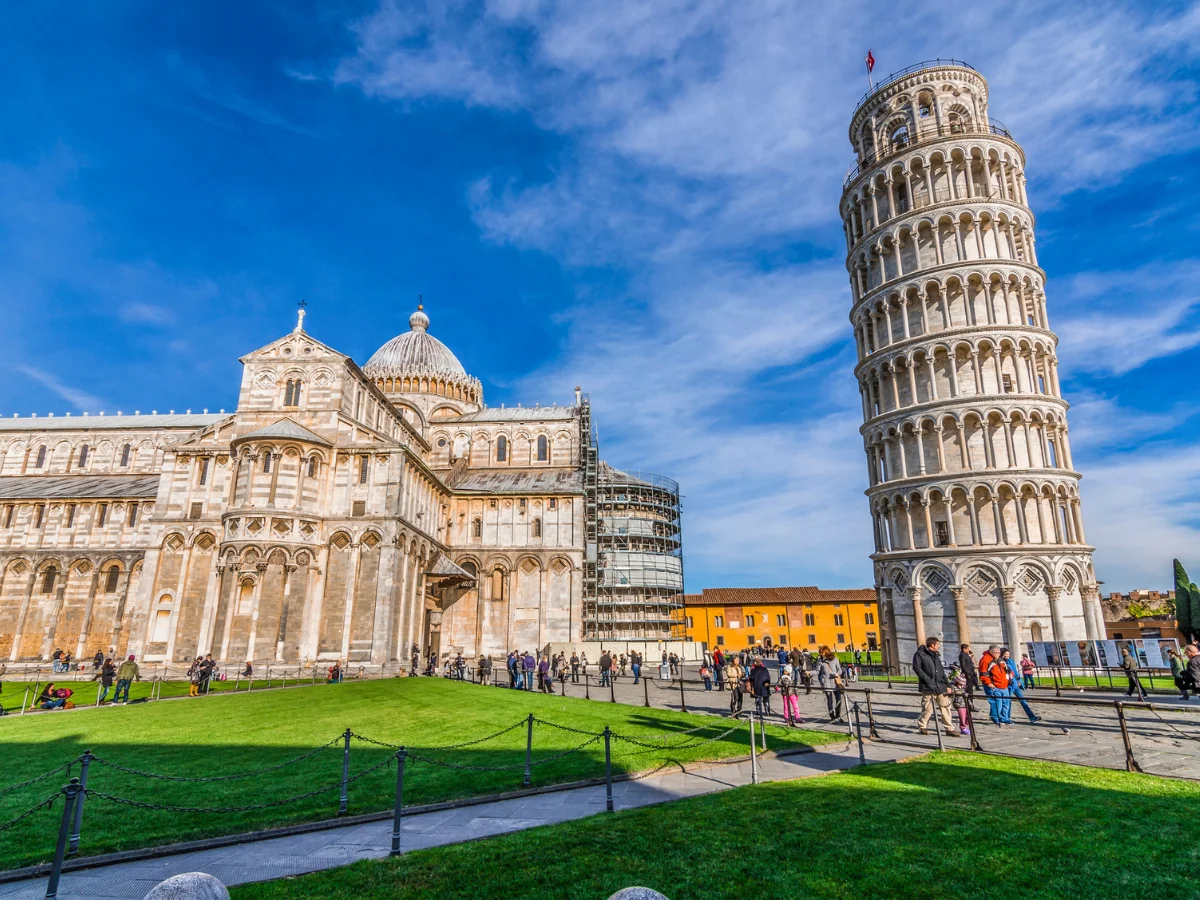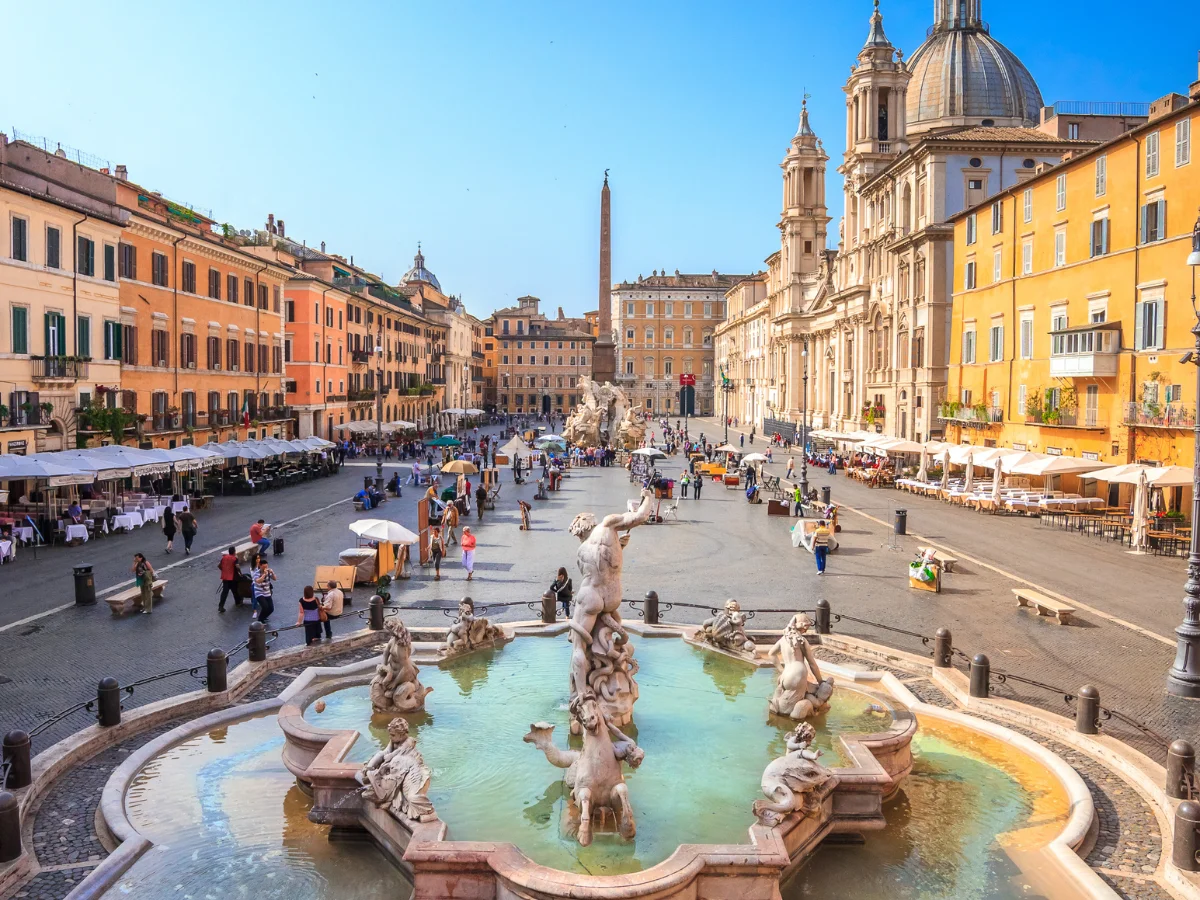Emperor Marcus Aurelius epitomized wisdom and virtue
Emperor Marcus Aurelius epitomized wisdom and virtue. His adherence to Stoic philosophy guided his reign, fostering stability and prosperity. Despite facing external threats, he prioritized the welfare of his people and led with integrity. Marcus Aurelius’ military campaigns demonstrated his strategic prowess and commitment to defending the empire. His famous work “Meditations” reflects his philosophical insights, inspiring leaders and scholars. Today, Marcus Aurelius is remembered as a philosopher king, whose legacy of ethical leadership continues to resonate. His reign serves as a timeless example of leadership guided by wisdom and compassion.

Ancient Rome: Emperor Marcus Aurelius epitomized wisdom and virtue
Early Life and Ascension to Power
Marcus Aurelius, born in AD 121, hailed from a noble family in Rome. His uncle, Emperor Antoninus Pius, trained him for leadership from a young age. In AD 161, upon Antoninus’ death, Marcus ascended to the throne, becoming Emperor of Rome at the age of 39.
Philosophical Influence
Stoic philosophy, especially the teachings of Epictetus and Seneca, deeply shaped Marcus Aurelius. He embraced their wisdom, allowing it to mold his own beliefs and actions. Stoicism taught him to prioritize virtue, reason, and self-discipline. He embraced these principles wholeheartedly, seeking to embody them in his personal life and rule. He also received an excellent education in philosophy and literature.
The Meditations
During his reign, Marcus Aurelius wrote his famous work, “Meditations.” These writings reflect his innermost thoughts, struggles, and philosophical reflections. In them, he grappled with the challenges of leadership, the transience of life, and the importance of living with integrity and purpose.
Military Campaigns
Marcus Aurelius spent a big portion of his reign to military campaigns and he faced numerous military challenges, notably the Marcomannic Wars. These conflicts, fought against Germanic people along the Danube frontier, tested the empire’s strength and resources. Despite facing adversity, Marcus displayed strategic prowess and resilience, securing victories for Rome.
Plague and Crisis
The latter years of Marcus Aurelius’ reign were marked by crisis. A devastating plague swept through the empire, claiming countless lives and weakening its infrastructure. Amidst this turmoil, Marcus worked tirelessly to alleviate suffering and maintain stability.
Legacy and Impact
Marcus Aurelius is remembered as one of Rome’s greatest emperors, revered for his wisdom, virtue, and commitment to duty. His Stoic philosophy continues to inspire people around the world, offering timeless insights into resilience, moral integrity, and the pursuit of excellence.
Death and Succession
In AD 180, Marcus Aurelius died while on campaign in present-day Austria. His death marked the end of the Pax Romana, a period of relative peace and stability in the empire. He was succeeded by his son, Commodus, whose reign would be marked by corruption and decline. Emperor Commodus was also a gladiator.
Conclusion: A Lasting Legacy
Marcus Aurelius remains a towering figure in history, revered for his intellectual depth, moral integrity, and steadfast leadership. His legacy endures not only in the annals of Roman history but also in the hearts and minds of those who continue to find inspiration in his timeless wisdom.



